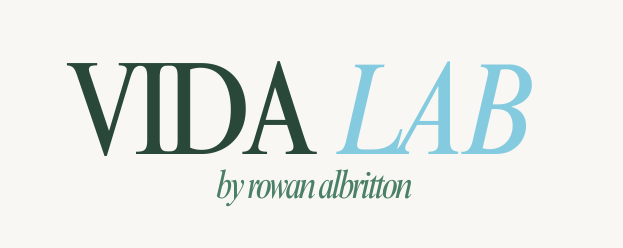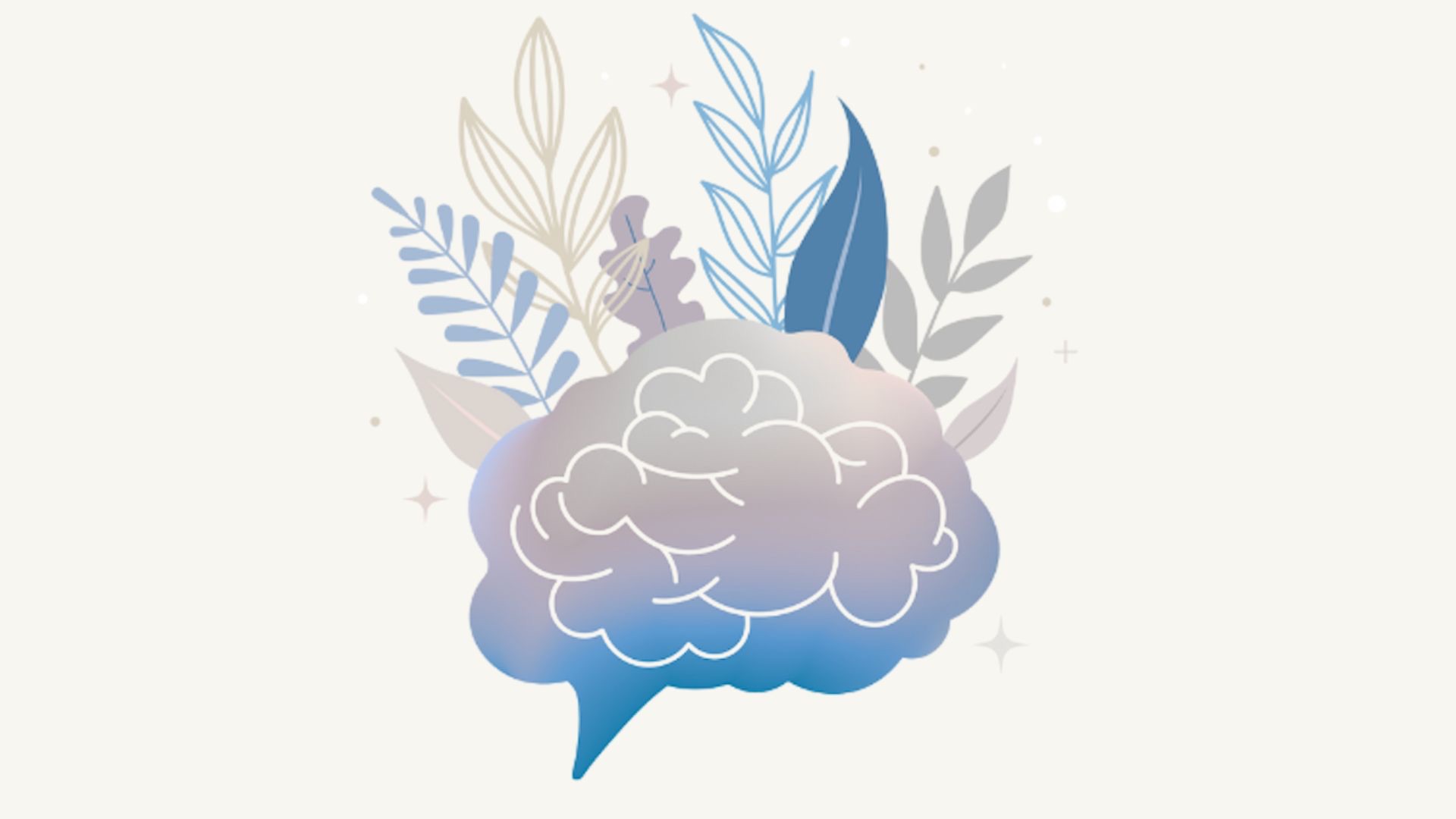From Alzheimers to Endometriosis: How Chronic Illness Shaped My Passion for Neuroscience
When I think back to my childhood, my YaYa was more than just my grandfather, he was my best friend. We spent countless hours together, exploring, laughing, and sharing a bond that shaped so much of who I am. My YaYa was one of the smartest people I've ever met. He was always full of life, energy and curiosity that was contagious, and it made it so much fun to spend time with him. He is one of those special people that always saw the joy and possibility in life, and encouraged me to do the same. He had a sense of wonder and fascination that he shared with everyone who met him. That’s why watching Alzheimer’s slowly steal him away has been one of the hardest experiences of my life. Seeing him stripped of everything that made him who he was, what he had achieved, what he loved, what he was curious about....that has been devastating and cruel to witness.
Alzheimer’s doesn’t just affect memory; it changes the entire brain. It begins with the build-up of abnormal proteins (amyloid plaques and tau tangles) that disrupt the way brain cells communicate. Over time, these changes lead to cell death, shrinking the brain and taking with it the person we once knew. Seeing this disease take hold of my YaYa has been devastating, because it feels like losing him piece by piece.
Learning About What We Can’t Control
One thing I’ve learned is that Alzheimer’s isn’t just random. For some people, genetics play a big role. Scientists have found that variations in genes like APOE-e4 can increase the likelihood of developing Alzheimer’s, especially when combined with lifestyle and environmental factors. While having a genetic link doesn’t mean someone will get the disease, it does raise the risk.
Knowing this has made me want to learn as much as I can. I’ve started exploring these topics in my research papers at school, and it’s part of what sparked my deep interest in neuroscience. I want to understand how the brain works, how diseases like Alzheimer’s begin, and more importantly, what we can do to protect our brains before it’s too late.
Finding My Own Path
Of course, some things are out of my control. I can’t change YaYa’s diagnosis. I can’t rewrite my family’s genetic history. But I can choose to take care of myself. I’ve lived with endometriosis for years, and it’s taught me firsthand how important it is to manage my health with intention. I’ve leaned on tools like meditation through Headspace to manage my mental well-being, and I’m committed to nourishing my body and mind with choices that support long-term health.
These experiences (watching YaYa’s decline, living with endometriosis, and diving into neuroscience) have given me perspective. They’ve shown me that life is both fragile and precious, and that the best way to honor the people we love is to live fully and care deeply for ourselves.
Seeing the Bigger Picture
Here’s what I’ve taken away from this journey so far:
- Genes are not destiny. Even if we have a genetic risk, lifestyle choices—nutrition, exercise, sleep, mindfulness, etc. can make a difference in protecting brain health.
- Mental health is foundational. Stress and chronic illness don’t just affect mood; they also affect the brain. Caring for our minds today can shape our futures.
- Knowledge is power. Learning about the brain helps me face fear with curiosity instead of despair.
I may not be able to save my YaYa from Alzheimer’s, but I can take what I’ve learned and use it to build a healthier, stronger future for myself, and maybe, one day, for others.
To anyone reading this:
If you’re facing something out of your control, know that you’re not alone. You can’t always change the storm, but you can learn how to care for yourself inside of it. And sometimes, that care is exactly what keeps hope alive.
— Rowan 🌿
🌱 Learn More
If you want to dive deeper into some of the topics I’ve shared, here are a few resources that have helped me:
- Alzheimer’s Association – www.alz.org: Reliable information on the science, caregiving, and support around Alzheimer’s.
- National Institute on Aging (NIA) – www.nia.nih.gov/health/alzheimers: Science-based resources on Alzheimer’s research, brain health, and prevention.
- Headspace – www.headspace.com: Guided meditation and mindfulness tools to support mental health and stress management.
- The Mind Diet – Learn more about how nutrition may lower the risk of Alzheimer’s by supporting brain health. (Here’s a helpful overview: Harvard Health – MIND diet).
Taking care of your brain and body today isn’t just about the present, it’s an investment in your future self.

